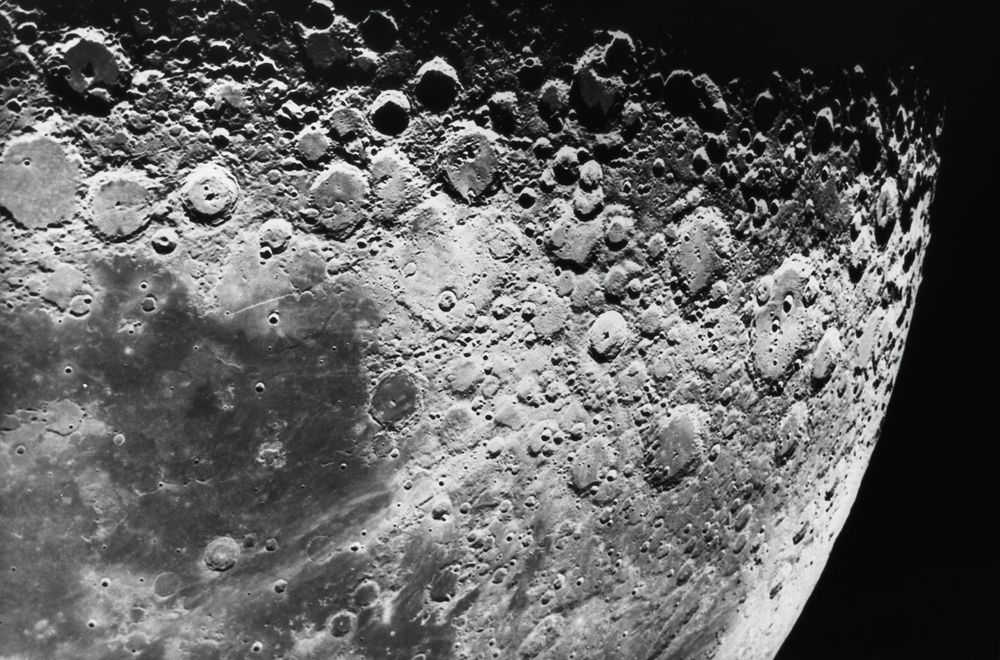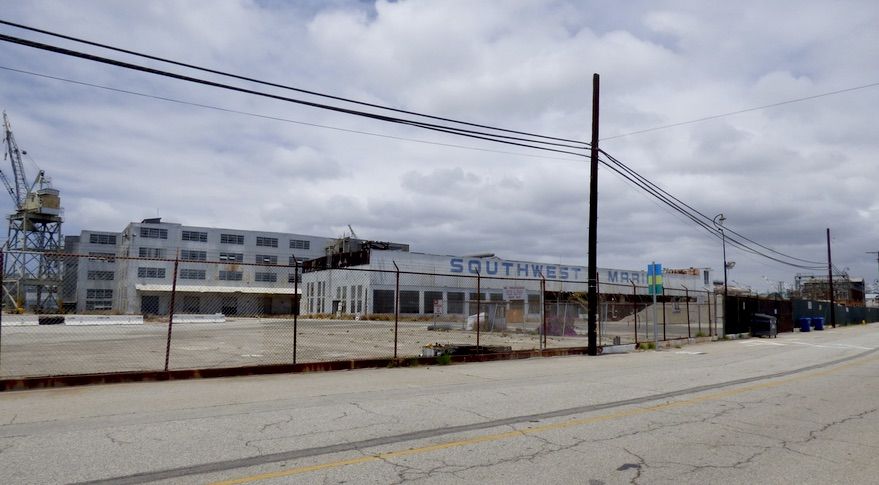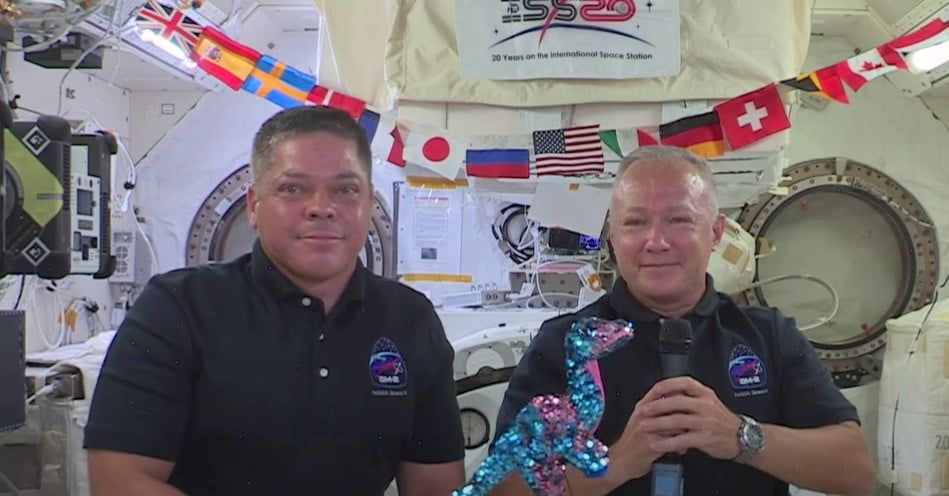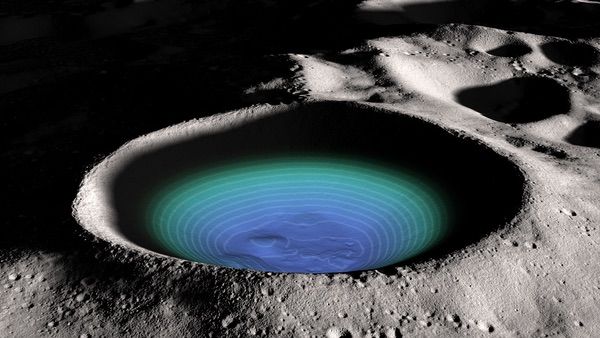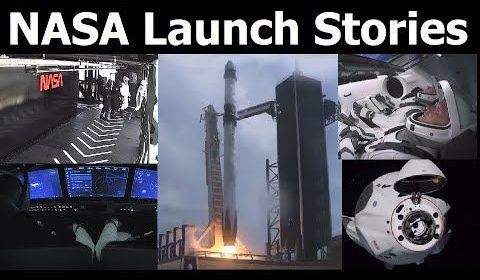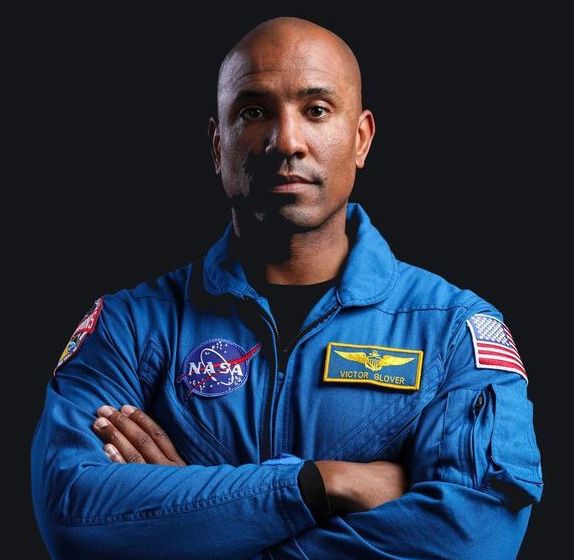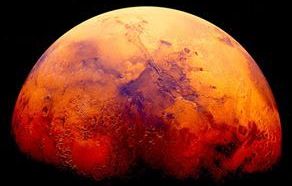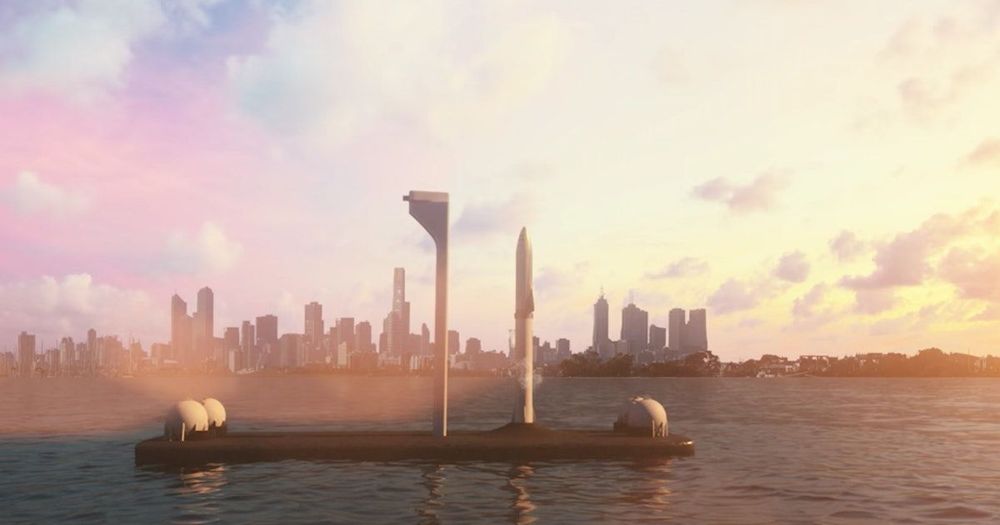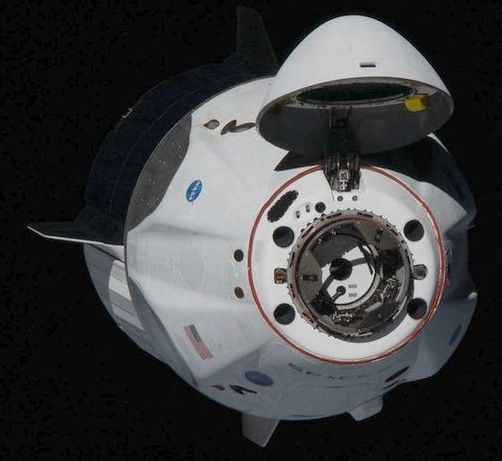
WASHINGTON — SpaceX’s Crew Dragon spacecraft is performing well enough on orbit to give NASA confidence that the mission can last until August, an agency official said June 9.
Ken Bowersox, the acting associate administrator for human exploration and operations at NASA, told an online meeting of two National Academies committees that NASA had been monitoring the health of the Crew Dragon spacecraft since its launch May 30 on the Demo-2 mission, carrying NASA astronauts Bob Behnken and Doug Hurley to the International Space Station.
NASA, he noted, had not set a length for the mission, saying they wanted to see how the Dragon performed in space. “The Dragon is doing very well, so we think it’s reasonable for the crew to stay up there a month or two,” he told members of the Aeronautics and Space Engineering Board and Space Studies Board.
